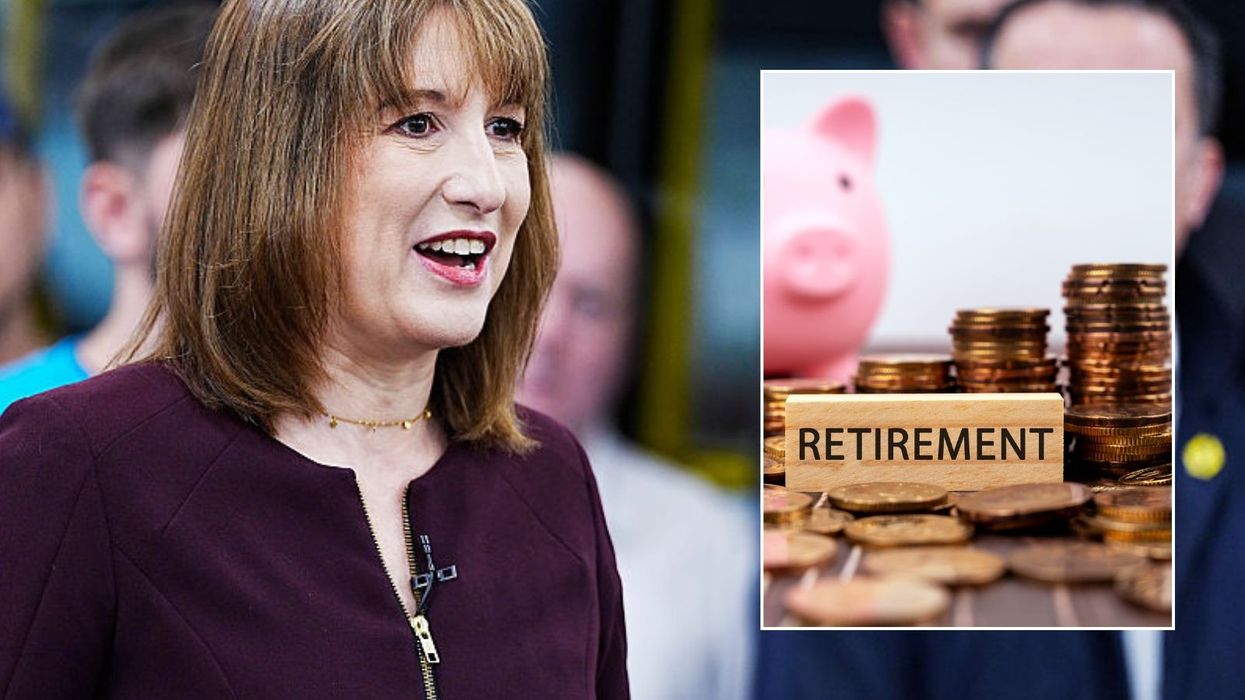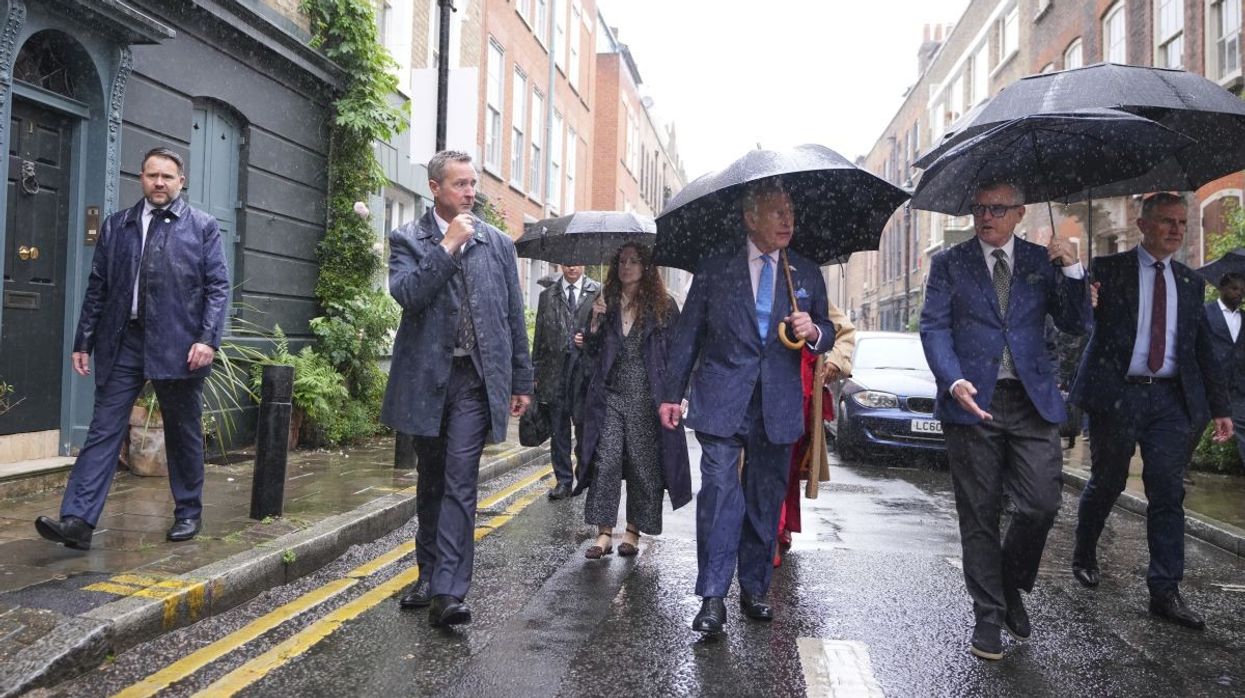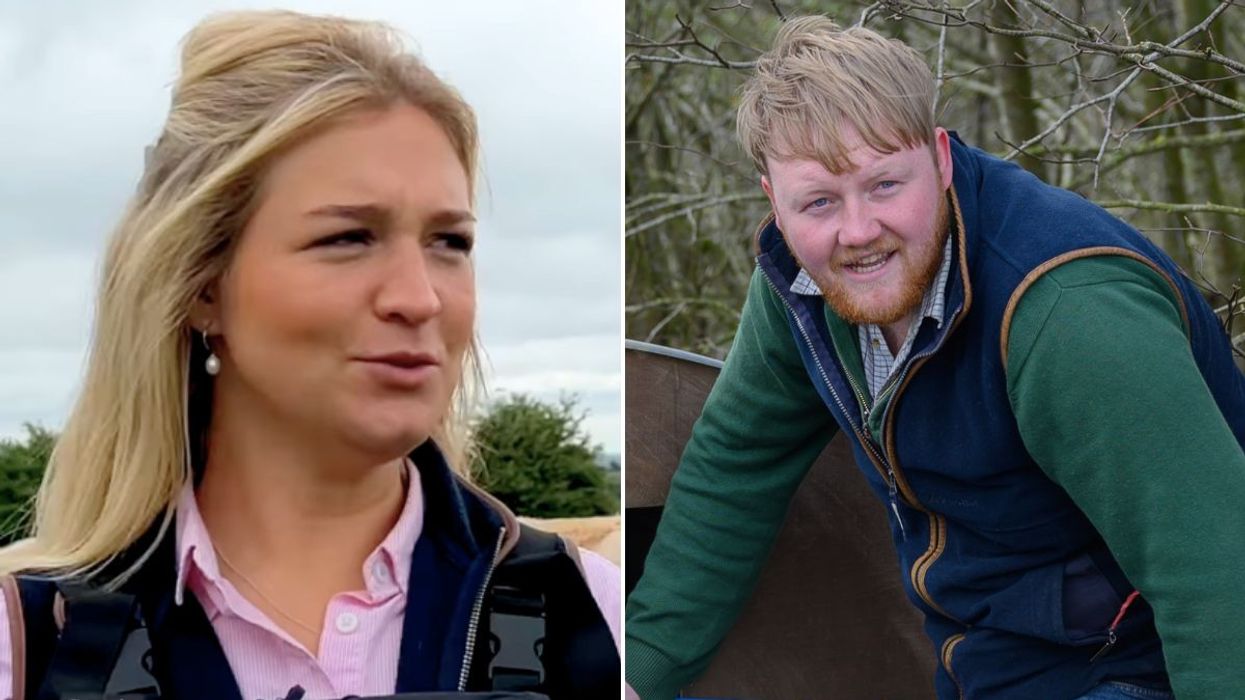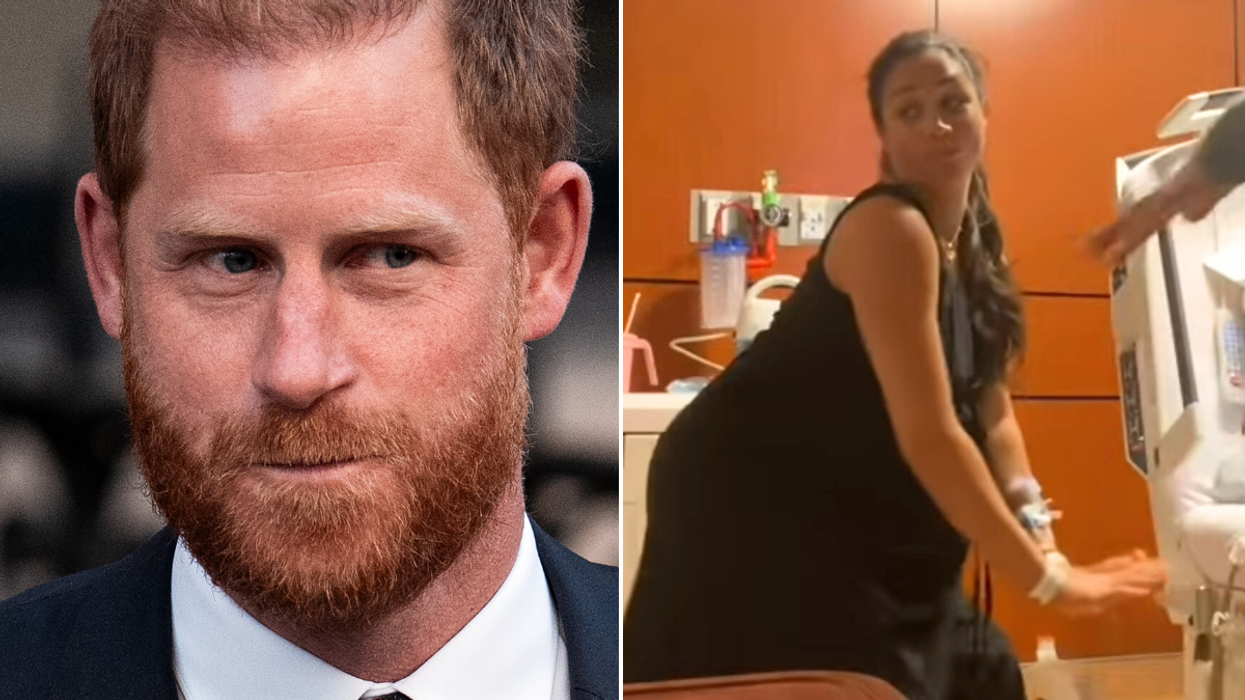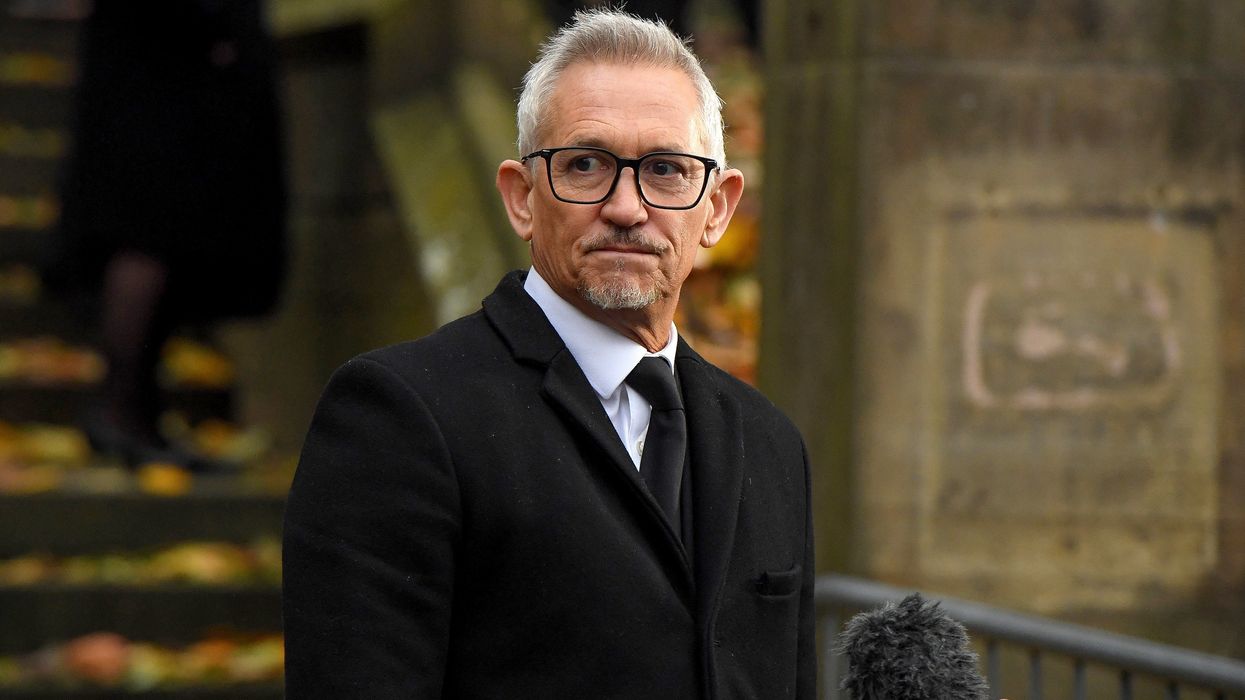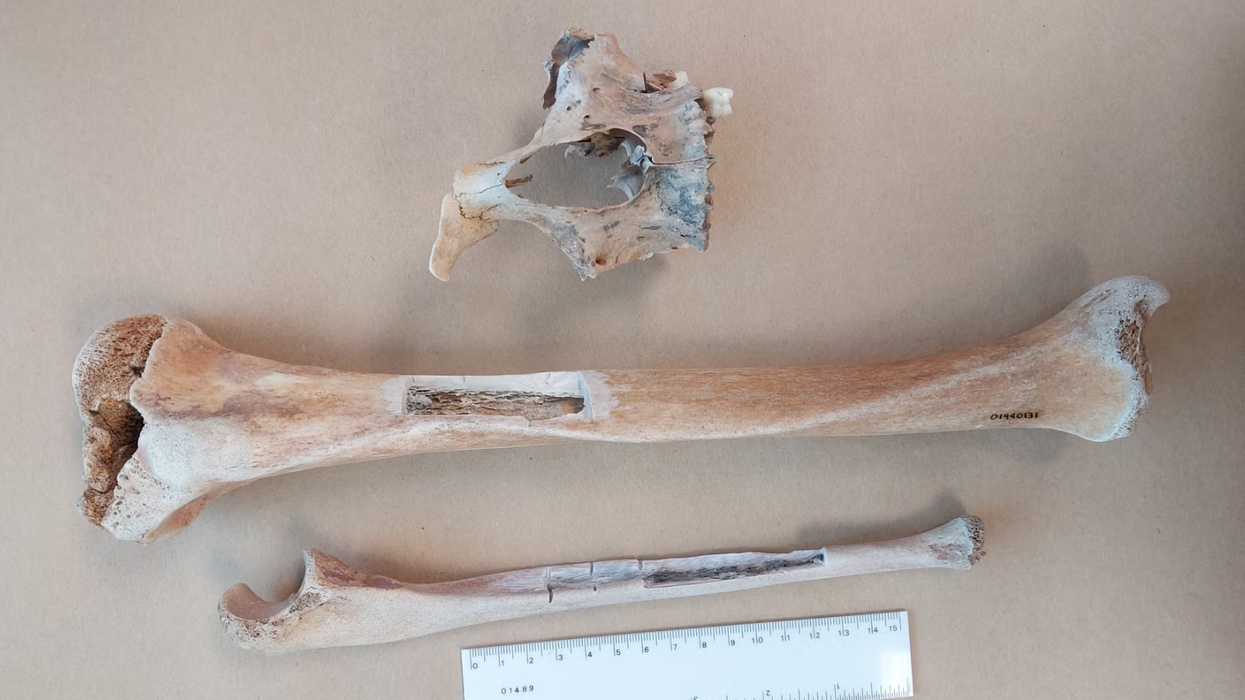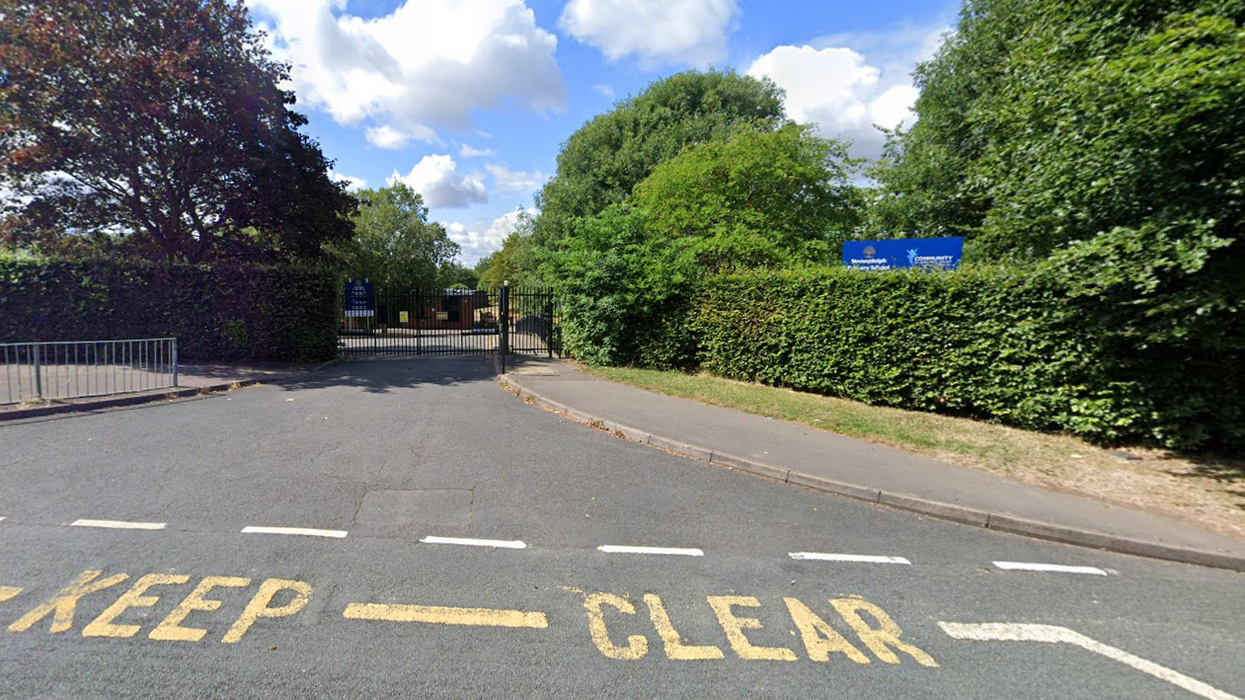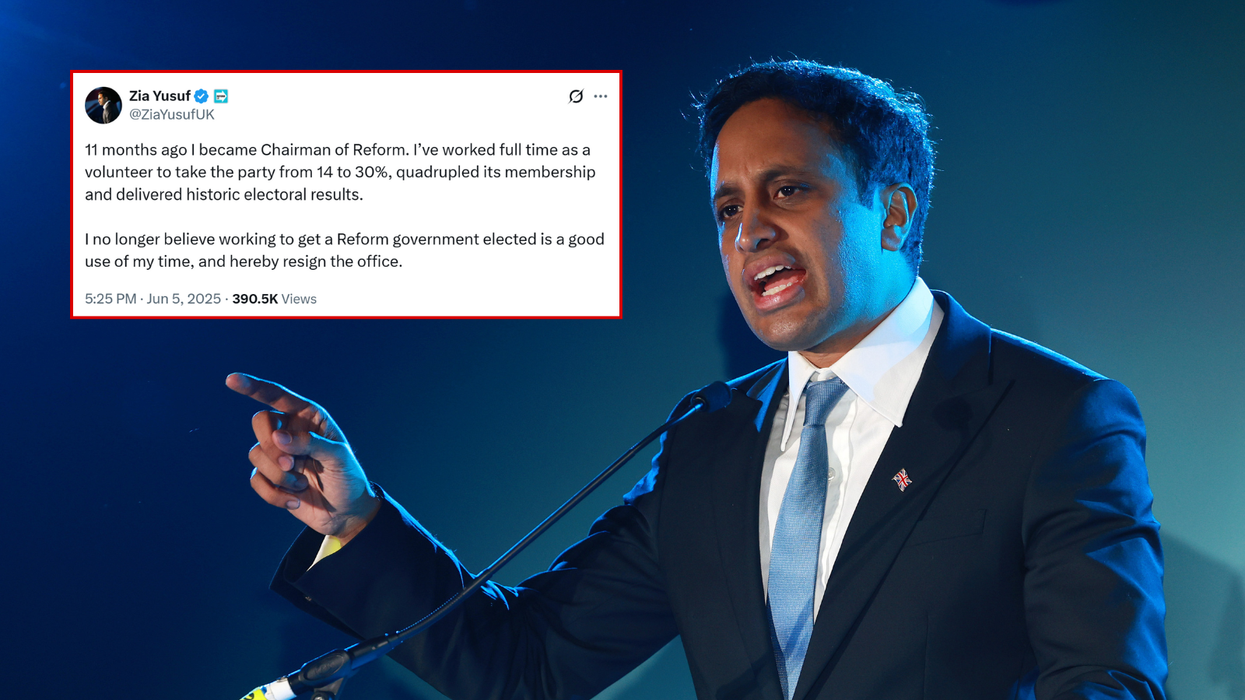Plans to rebuild trust include responding 'unequivocally' to claims of police-perpetrated abuse and challenging misogyny within the service.
Don't Miss
Most Read
Latest
The police expecting to see an increase in the number of officers who turn whistleblower as they are encouraged to report each other for inappropriate sexist behaviour.
And where officers retire after being found guilty of gross misconduct, force bosses will be urged to strip them of their pensions where possible.
Under new national plans, men who pose the highest risk of violence to women and girls will be actively targeted by police.
Chiefs have drawn up a framework to boost the police response to crimes committed against women and girls in the wake of outrage sparked by the murder of Sarah Everard by a serving officer.
The plans consist of three pillars – building trust, going after perpetrators and making life safer for women and girls.
Plans to rebuild trust include responding “unequivocally” to claims of police-perpetrated abuse and challenging misogyny within the service.
The national police coordinator for violence against women and girls, Deputy Chief Constable Maggie Blyth, acknowledged that there had been a “hammer blow” to trust in the service.
She said: “This year has been a watershed moment for society and policing in how much more needs to be done to radically reduce violence against women and girls.
“Our legitimacy has been deeply damaged by Sarah Everard’s murder by a serving police officer, the abhorrent and inappropriate behaviour of officers photographing and sharing images of Bibaa Henry and Nicole Smallman’s dead bodies, and other examples of police officers abusing their position for sexual gain.
“In policing, we are determined to seize this moment to make fundamental and long-lasting change.”
The chief executive officer of the College of Policing, Chief Constable Andy Marsh, said he expects to see an increase in whistleblowing as colleagues report each other for inappropriate behaviour.
He said that “a call-out culture” is as important as effective vetting of officers.
Concerns were raised about vetting after it emerged that the officer who killed Miss Everard, Wayne Couzens, had been vetted by three different police forces, and that allegations of indecent exposure from 2015 and days before the murder were not properly investigated.
Mr Marsh said: “I don’t believe that we should put all of our hopes and expectations in effective vetting.
“It’s a really important safeguard, it’s important as the standard and it’s complied with and done properly.
“But actually what is just as important, if not more important, is the culture and ethics within the service.
“A call-out culture that doesn’t tolerate sexism, let alone misogyny.
“Doesn’t tolerate inappropriate, sexualised behaviour towards colleagues or indeed towards members of the public.”
He added: “It’s important that College (of Policing) gives our police officers, our police staff, the confidence and the skills and support to challenge inappropriate behaviour whenever they see it straight away.
“So I expect to see an increase in whistleblowing.”
Asked about gross misconduct cases where officers retire on full pensions, he said he would encourage chief constables to strip them of the payments where possible.
Current legislation allows force bosses to do so where there has been serious damage caused to public confidence in the police.
Mr Marsh said: “I will absolutely ensure that where it is an option, they are considering their power to have a pension revocation order made.”
The framework also includes plans to draw up lists of individuals who pose the highest risk to women and girls and work to stop them committing crimes.
This will involve identifying the risk they post and using prevention tactics as well as enforcement measures including electronic tagging.
All police forces in England and Wales will be expected to draw up their own local plans along the lines of the national framework by March.










